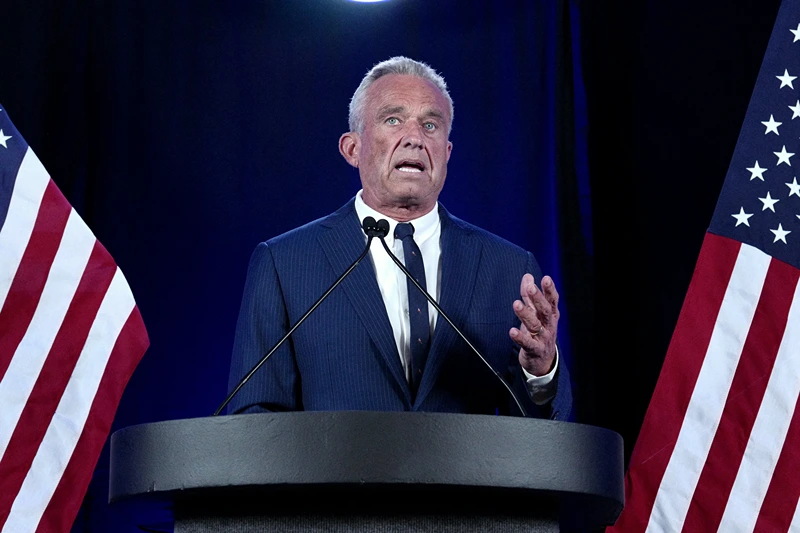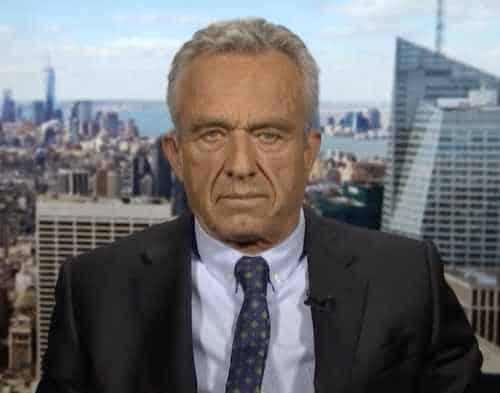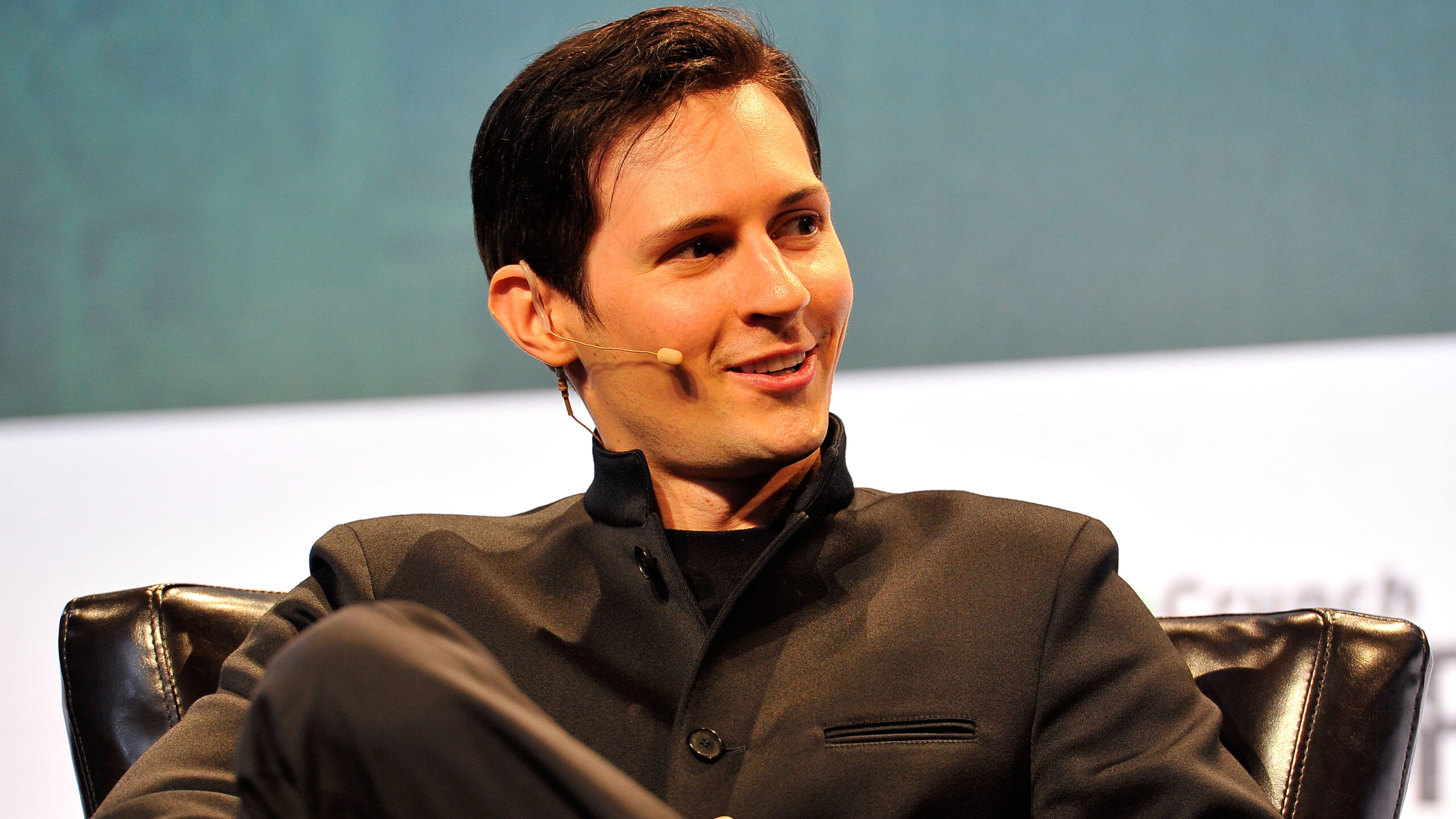
www.dailywire.com
French Authorities Arrest Russian Billionaire Pavel Durov, Founder Of Telegram
French authorities arrested the Russian-born founder of Telegram, Pavel Durov, on Saturday night immediately after his private jet landed at Le Bourget airport.
Authorities were shocked that Durov, who was coming Azerbaijan, landed in France because apparently a search warrant had been issued against him at some previous point in time and authorities could only execute it if he stepped on French soil.
“He made a blunder this evening,” a source familiar with the investigation told TF1/LCI. “We don’t know why… Was this flight just a stopover? In any case, he’s in custody.”
The publication said that he avoids traveling to countries where his messaging platform is under criminal investigation for a wide range of alleged offenses.
The charges that he reportedly faces involve the spread of illegal material on Telegram that authorities allege he has taken minimal action to stop. The company also reportedly does not always cooperate with law enforcement.
French media said that because the company has not taken serious steps to reduce criminal content on the platform that it was being viewed as an accomplice to a wide-range of criminal activity, including “terrorism, narcotics, fraud, money laundering, receiving stolen goods, pedocriminal content, etc.”
“On his platform, he allowed an incalculable number of offences and crimes to be committed, for which he did nothing to moderate or cooperate,” a source close to the case told the publication.
The Telegram CEO, whose net-worth is estimated to be over $9 billion, is in charge of a platform that currently has more than 900 million users around the world.
Durov left Russia in 2014 after he lost control of another social media platform because he wouldn’t turn over information to Russian officials about Ukrainian opposition groups.
Wall Street Journal correspondent Yaroslav Trofimov noted that another potential aspect at play in Durov’s arrest was Russia’s war in Ukraine.
“One little-known feature of this war is that the Ukrainian military largely communicates via Signal and the Russian military via Telegram,” he posted on X.
He added that Russian military analysts were panicked following Durov’s arrest because the platform was “the critical means of communication within the Russian armed forces.”
Panic among Russian military analysts and bloggers: Telegram seems to be the critical means of communication within the Russian armed forces. https://t.co/3aayhCU2gx pic.twitter.com/pGOa9ScuWs
— Yaroslav Trofimov (@yarotrof) August 24, 2024
Durov’s arrest sparked intense reaction online from a range of free speech advocates who did not believe the nature of the charges against him.
X owner Elon Musk said that the situation was “super messed up.”
“America is the last large country to uphold free speech and, even here, it is under attack,” he wrote, later adding: “It is vital to the support of free speech that you forward ? posts to people you know, especially in censorship-heavy countries.”













